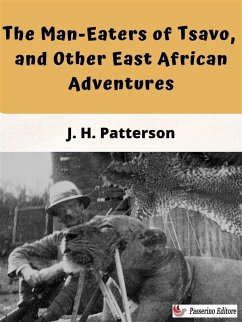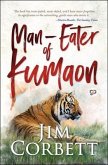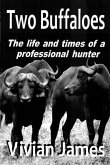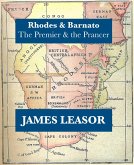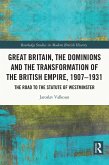The Man-eaters of Tsavo is a semi-autobiographical book written by Anglo-Irish military officer and hunter John Henry Patterson. Published in 1907, it recounts his experiences in East Africa while supervising the construction of a railroad bridge over the Tsavo river in Kenya, in 1898. It is titled after a pair of man-eating lions that terrorized the undertaking for nine-months, until at last their reign of terror was put to an end by Patterson. His recounting of this incident projected him to fame, and it remains the subject of debate to this day. It has also been the basis of numerous films, the best known being The Ghost and the Darkness (1996), starring Val Kilmer and Michael Douglas. Lieutenant-Colonel John Henry Patterson (10 November 1867 - 18 June 1947) was an Anglo-Irish military officer, hunter and author best known for his book The Man-eaters of Tsavo (1907), which details Patterson's experiences during the construction of a railway bridge over the Tsavo River in the East Africa Protectorate from 1898 to 1899. The book went on to inspire three films: Bwana Devil (1952), Killers of Kilimanjaro (1959) and The Ghost and the Darkness (1996). During World War I, Patterson served as the commander of the British Army's Jewish Legion, which has been described as the first precursor to the Israel Defense Forces.
Dieser Download kann aus rechtlichen Gründen nur mit Rechnungsadresse in A, B, BG, CY, CZ, D, DK, EW, E, FIN, F, GR, HR, H, IRL, I, LT, L, LR, M, NL, PL, P, R, S, SLO, SK ausgeliefert werden.

